New York City's air quality deteriorates as Canada confronts wildfires
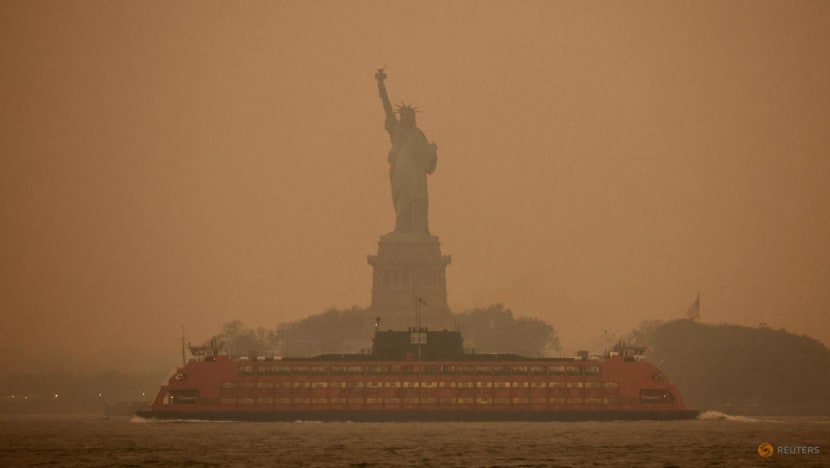
The Statue of Liberty is shrouded in haze caused by wildfires in Canada on Jun 6, 2023. (Photo: Reuters/Amr Alfiky)
MONTREAL: Northern Quebec's largest town was being evacuated while another that had been threatened by wildfires lifted an evacuation order on Tuesday (Jun 6), as firefighters worked to beat back threats from out-of-control blazes in remote communities in the northern and northwestern parts of the province.
The intense Canadian wildfires are blanketing the northeastern United States and parts of eastern Canada in a haze, turning the air acrid and the sky yellowish grey, and prompting warnings for vulnerable populations to stay inside.
The effects of the hundreds of wildfires burning in Quebec could be felt as far away as New York City and New England, blotting out skylines and irritating throats.
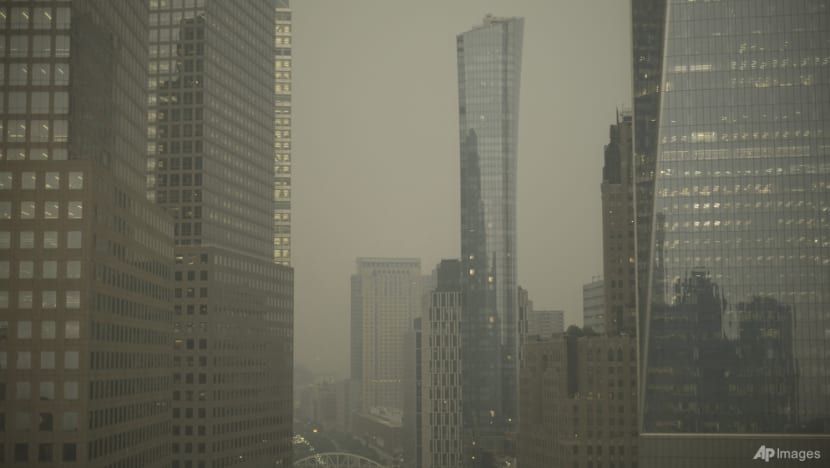
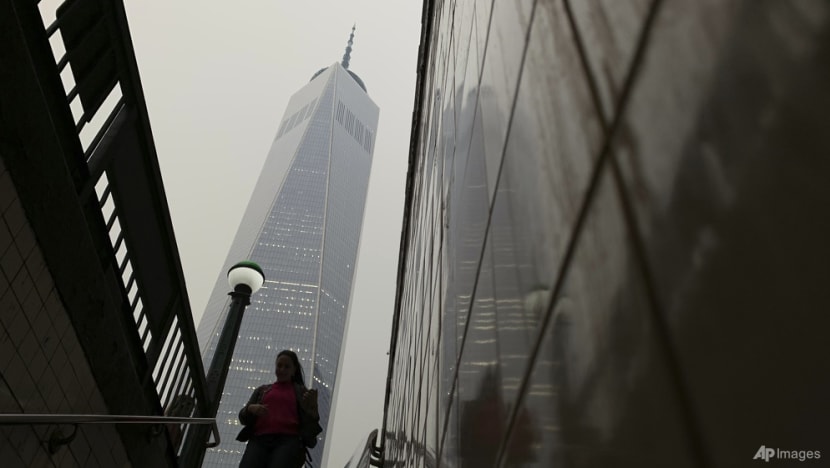
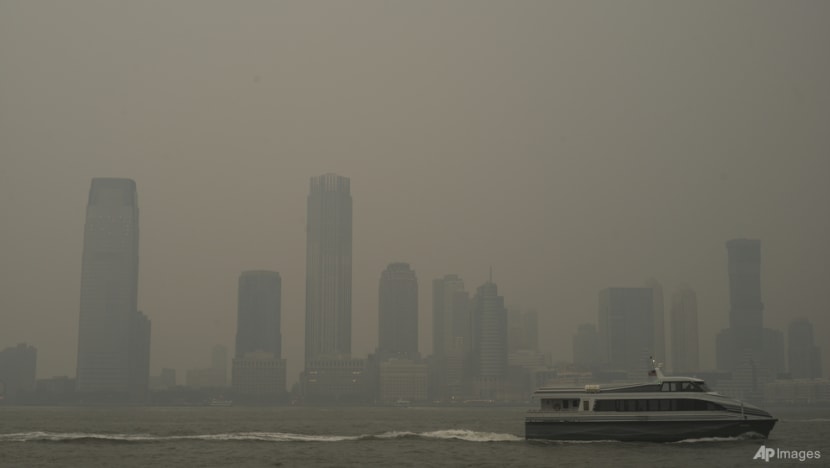
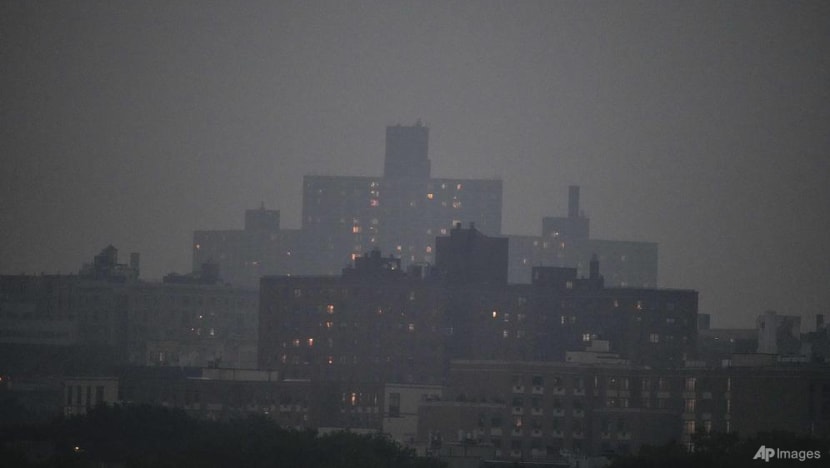
At one point on Tuesday night, Bloomberg reported, New York ranked as the most polluted major city on the planet according to the IQAir air quality and pollution city ranking.
As of 11.50am GMT, it ranked second behind Delhi. Detroit, which is located on the United States-Canada border, ranked fifth.
The New York skyline remained shrouded in haze as the sun rose on Wednesday morning.
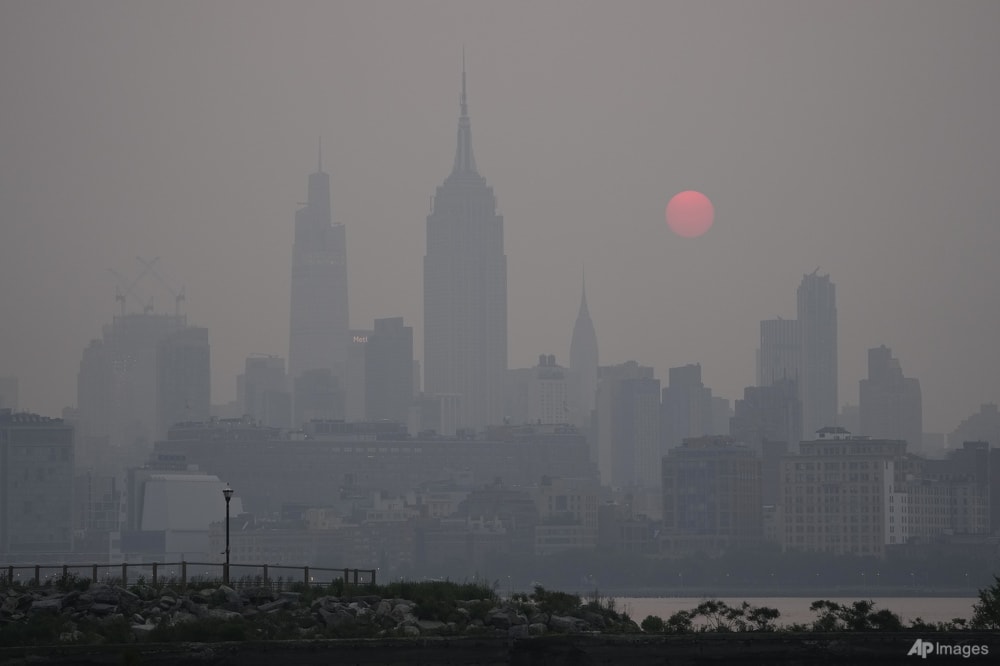
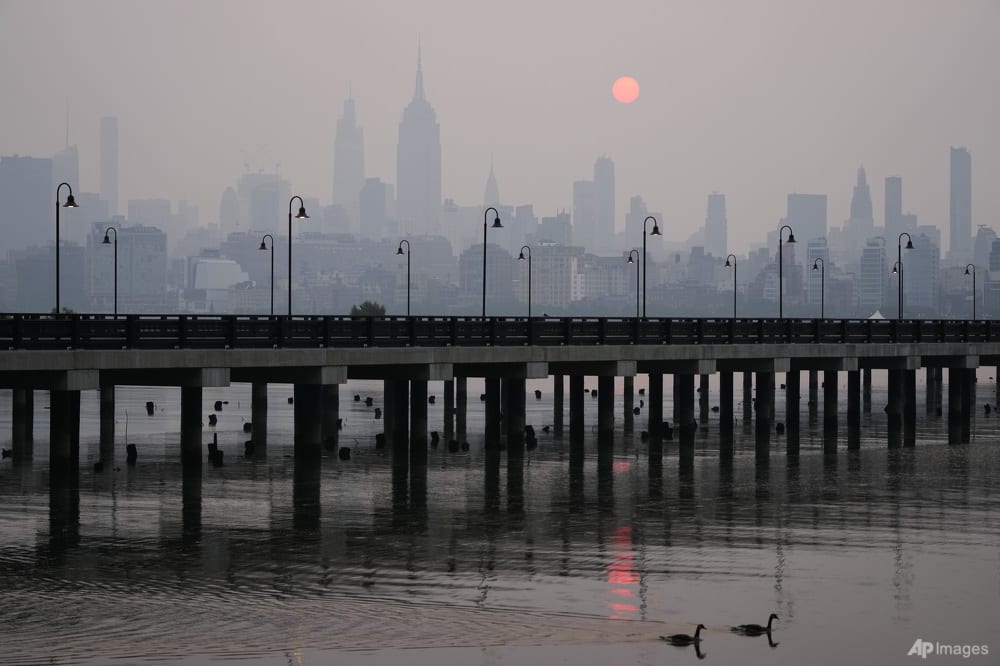
According to Quebec's forest fire prevention agency, more than 150 forest fires were burning in the province on Tuesday, including more than 110 deemed out of control.
Late on Tuesday, authorities issued an evacuation order for Chibougamau, Quebec, a town of about 7,500 in the remote region of the province. Authorities said that the evacuation was underway and promised to provide more details on Wednesday.
"We're following all of this from hour to hour, obviously," Premier Francois Legault told reporters in Sept-Iles, Quebec. "If we look at the situation in Quebec as a whole, there are several places where it is still worrying."
Legault said that the Abitibi-Temiscamingue region in northwestern Quebec is an area of particular concern, with the communities of Normetal and Lebel-sur-Quevillon under threat.
The mayor of Lebel-sur-Quevillon, where about 2,100 people were forced from their homes over the weekend, said that the fire is about 10km outside of town, but its advance has been slower than expected.
"The fire started in an area where there were no trees, which slowed it down considerably," Mayor Guy Lafreniere said.
Other northern communities at risk include Chibougamau and the Cree village of Chisasibi on the eastern shore of James Bay. Firefighting resources have also been dispatched to Hydro-Quebec’s Micoua substation near Baie-Comeau, Legault said.
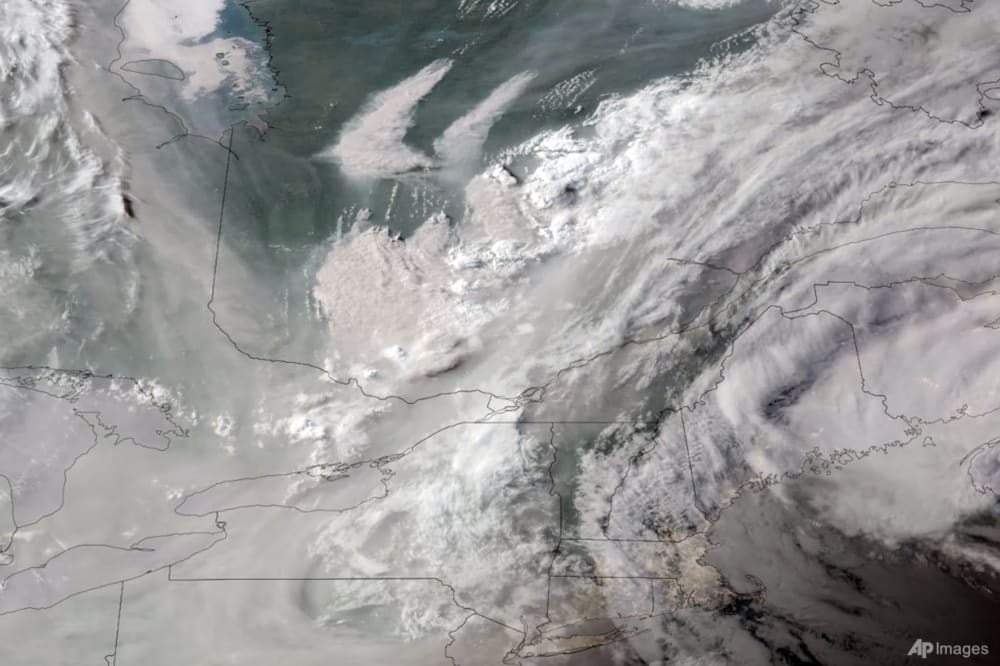
On Monday, Legault said that authorities had no choice but to leave the hamlet of Clova to burn, drawing the ire of local residents.
Legault said on Tuesday that he had simply repeated what fire prevention officials told him: The fire around the tiny community about 325km northwest of Montreal was too intense to send water bombers. That remained true on Tuesday, he said, but he noted that no homes had burned.
Dominic Vincent, the owner of the Auberge Restaurant Clova, said that by Monday afternoon, the situation in the area had already improved, aided by cooler temperatures and a change in wind direction. While smoke remained visible, it was far less intense, he said.
Quebec Natural Resources Minister Maite Blanchette Vezina told reporters in Quebec City that evacuees across the province numbered just over 8,300, down from 10,000 to start the week, but the Abitibi region remains a concern.
"We are not expecting rain in the short term, which is what makes it more difficult to fight fires," Blanchette Vezina said.












